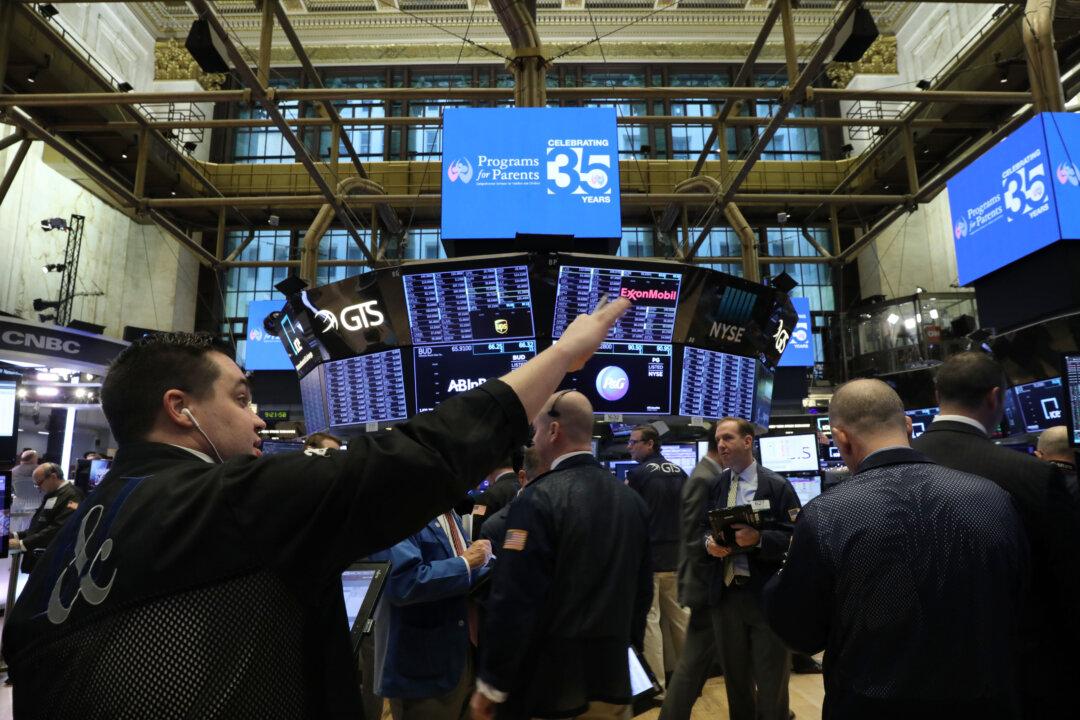News Analysis
Financial experts are finally sounding the alarm over the effect that China has on the American financial system, and how U.S. institutions may be complicit—knowingly or unknowingly—in furthering China’s agenda.

Financial experts are finally sounding the alarm over the effect that China has on the American financial system, and how U.S. institutions may be complicit—knowingly or unknowingly—in furthering China’s agenda.